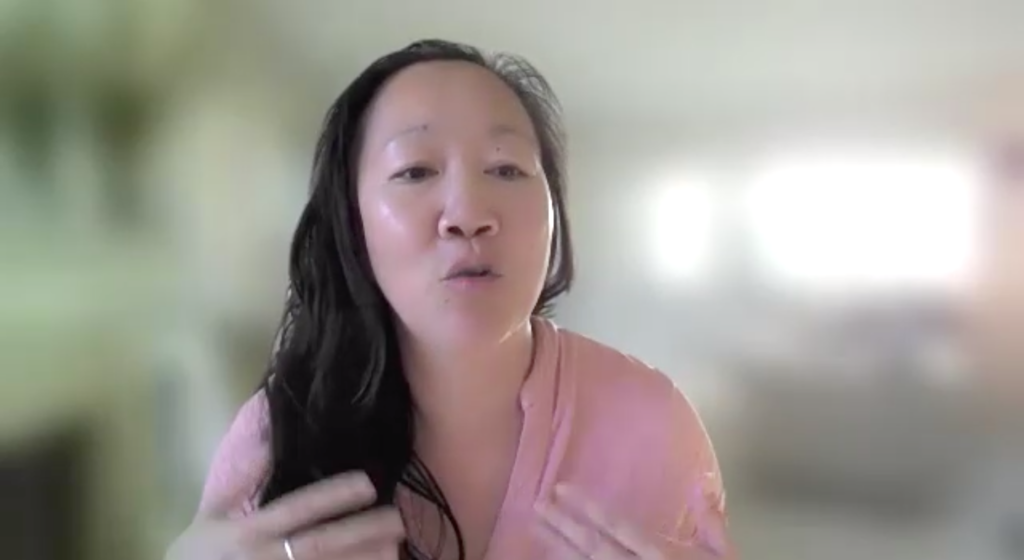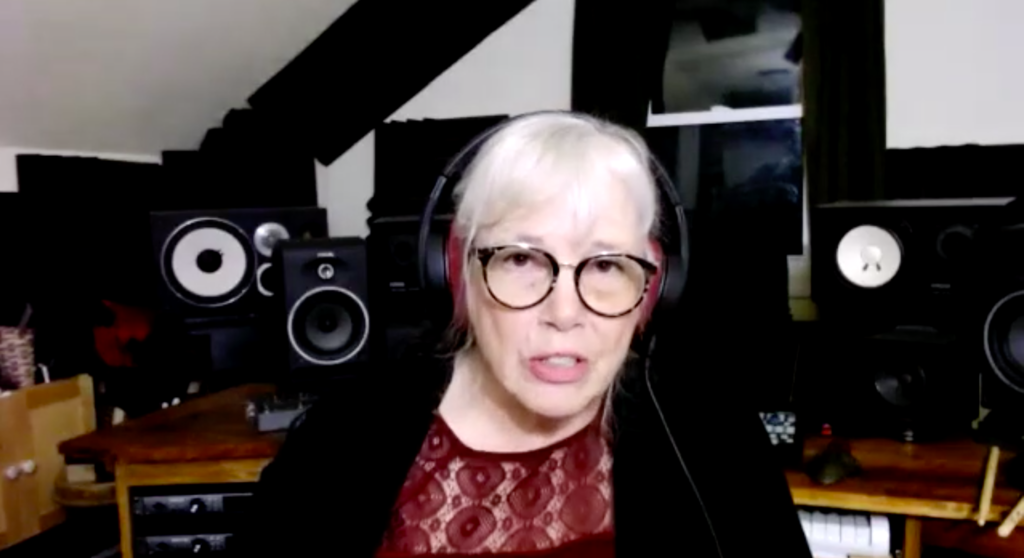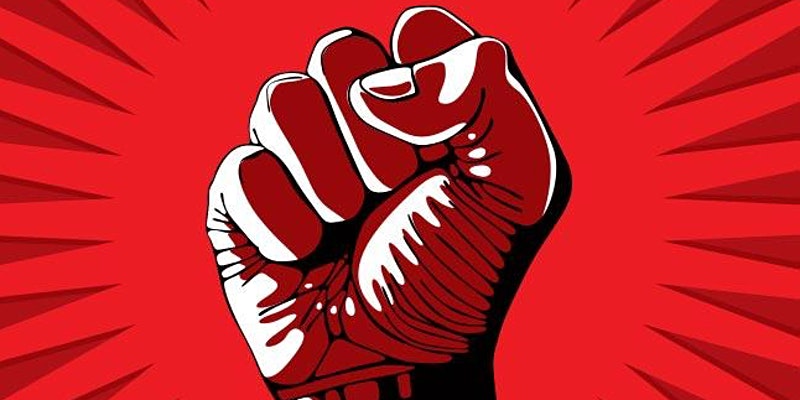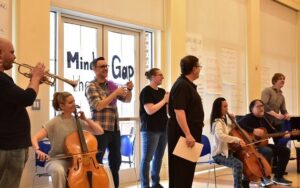What’s Inside
- Responses that are not confined to “Red vs. Blue”
- The concept of a “moderate revolution”
- Thinking beyond the two-party system
- “Revolutionary change” vs. Revolution
There was something different about this debate – no, not an uncharacteristic outburst or biting exchange, but something built into the very nature of the conversation. While many Braver Angels debate resolutions find Reds and Blues aligning with counterpoints of affirmative and negative, this was not the case on Sept. 30, when participants debated the question, “Do we need another American Revolution?”
In a unique way, the typical answers of “Yes” and “No” branched out and expanded to a myriad of answers like:
- “Yes, we need a ‘Blue’ revolution”
- “Yes, we need a ‘Red’ revolution”
- “No, we don’t need any revolution”
- “Yes, we need a moderate revolution”
Some on the Red side supported a revolution founded on a lack of faith in the legitimacy of elections, the imposition of government on business, and the sidelining of religion in politics. To make their case, they alluded to cornerstones of American democracy, citing specific passages from the Declaration of Independence.
“‘[W]henever any form of government becomes destructive of these ends, it is the right of the people to alter or abolish it,’” said panelist and Red Associate Director of the Debate Team, David Iwinski, citing rampant government spending and government control of citizens’ lives, among other qualms. “If you can’t trust the ballot box, what is left? Well, revolution. Now, this is not a revolution that seeks chaos and anarchy, but restoration.”
Some Blues called for “revolutionary change” in place of any armed revolution, highlighting wealth inequality and discrimination against Americans based on race and sexuality and citing the spending of billionaires on space tourism while others lack necessities like healthcare.
“Instead of using government as the enemy, we need to recognize government as a manifestation of our collective will and use it to establish rules that will create a better society, for the most people,” said Blue-leaning panelist Steven Gass.
Breaking from the aforementioned Red and Blue revolutions, one panelist made a unique argument for what she called a “moderate revolution.” The reason? She claimed that many Americans agree on a middle-ground alternative to polarized sides of Red and Blue, which allow for no deviation from their respective camps.
“Nearly two-thirds of eligible American voters wish we had more than two options and were dissatisfied with those options presented to us by both parties,” moderate E.E. said.

(E.E. Lukowski)
What would this “moderate revolution” give us? E.E. outlined a few key changes. First, a ranked-choice voting system and open primary runoffs. Second, protecting the right to vote with legislation that allowed people to “easily and reasonably” register to vote. And third, a requirement that no Congressional bill exceed 100 pages, so more citizens can read them.
This idea was picked up by other speakers later in the debate, including Blue-leaning panelist Silas Kulkarni, who formed his own conceptions of the future with these points in mind.
“We have a system that is immune to change, right now, because we only have two options, so if we adopted structural reforms that could allow more than two parties, we could create new options and create solutions that are not currently available to us,” he said. “We don’t have to destroy our government.”
Throughout the debate, new ideas flowed, positing new pathways forward for a broken nation. At the end of the debate, participants reflected on what they enjoyed. Many highlighted the importance of hearing out the other side.
“I really, really think that our best opportunity right now is to take the time to ask questions and engage other people. And don’t start out with ‘I’m a Democrat and you’re a Republican, so I don’t like you,’” said Red-leaning panelist Steve House. “Figure out what their humanity is all about first and… then have a conversation.”
Some in the chat aligned with Blue-leaning panelist Jan Krist, who stood in opposition to a revolution, instead encouraging participants to ask better questions of each other in search of a more thoughtful solution.

(Jan Krist)
“We should be acting more like battlefield medics than sideline pundits and cheerleaders,” Jan said. “I’m giving my heart here, and so we need more exchanges like this, I think you know we need people who will listen openly and speak honestly.”





2 thoughts on “Does America need a revolution? Hear arguments from our recent debate”
I really appreciate having sessions taped or summarized like this. It is challenging to always be available for a live session.
The U$A is a plutocratic autocracy. With, to be sure, a facade of constitutional democracy. Whenever its internal corruption is seriously challenged the police are called out, as with #Occupy, even given a license to kill as with the suppression of socialism 1917-21, the Panthers, the American Indian Movement, etc. It shrinks not from the use of death squaddies in its imperial provinces and would unhesitatingly deploy them here in the Security Homeland. Such squads are presently under arms and in readiness.
Change will have to come from without, the revolts rippling through these provinces, doubts and resistance in Europe about being tied to an economic corpse, in the throes of national banktruptcy, and above all a resurgent Russia and a rising China.